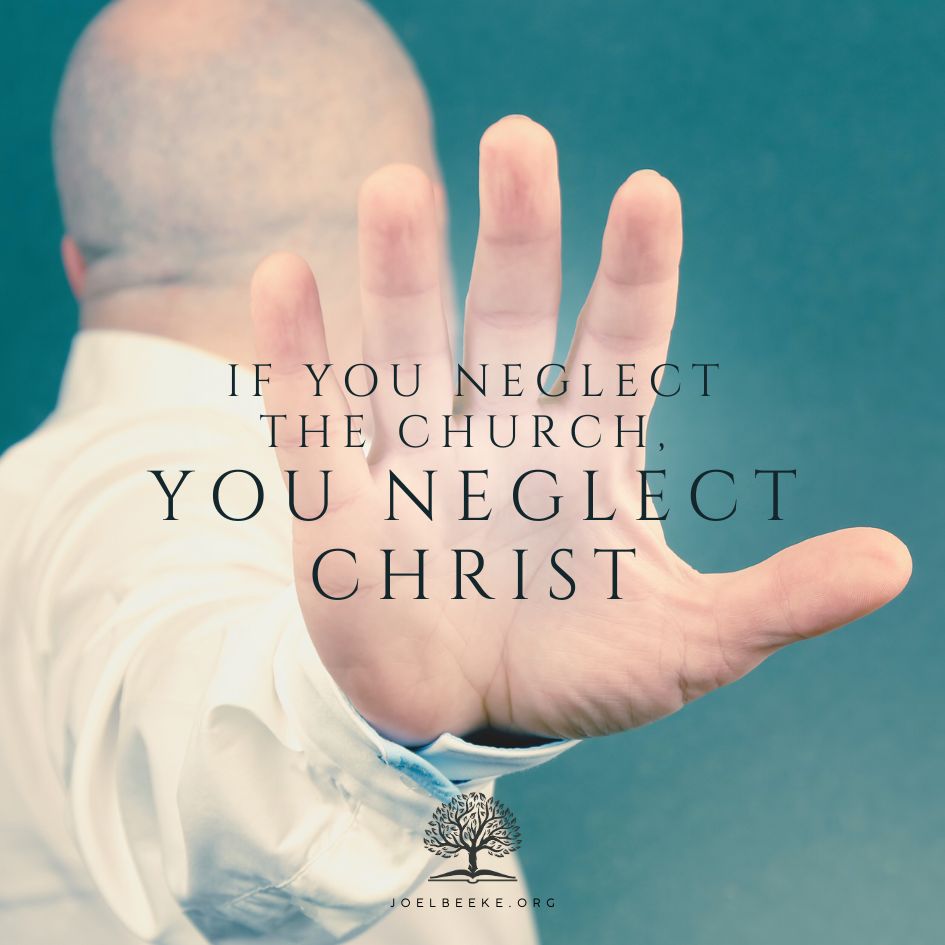
Proverbs 23:22–23 says, “Hearken unto thy father that begat thee, and despise not thy mother when she is old. Buy the truth, and sell it not; also wisdom, and instruction, and understanding.” Solomon borrows imagery from the marketplace: parents are selling wares to their children. He urges the parents to market precious commodities to their children—words of truth, wisdom, instruction, and understanding. He urges their children to buy up all they can and hold on to it for dear life. In other words, parents — especially fathers, who are called to be teaching “prophets” in their home — must teach truth to their children so that they will grow in understanding and, by God’s grace, in wisdom. Here are several helps for fathers to be prophetic teachers and truth instillers for their children.
Teach as God’s Authorized Steward
Part of our earnestness in instilling truth in our children comes from knowing that God has commanded us to teach them. Ephesians 6:4 says, “Fathers, provoke not your children to wrath: but bring them up in the nurture and admonition of the Lord.” We say to them, “Children, God gave me this task of teaching you. I must follow His command.” Churches and Christian schools may supplement our efforts, but the primary responsibility of teaching covenant children belongs to parents, especially to fathers. They should not delegate all the responsibility to other teachers and consider their own job done.
Teach through Family Worship
Daily family worship ought to be the basic context for the exercise of your prophetic office toward your children. Teach your children “all the counsel of God,” as Paul says he did for the Ephesians (Acts 20:27). Your home should be a little church or seminary in which you are to serve as a prophet, teaching your children God’s precious truth—addressing the mind, the conscience, the heart, and the will of each of them. Teach your children Bible stories and doctrines, applying those stories and doctrines to their daily lives for their proper spiritual, moral, and psychological development.
Using a guide such as the Reformation Heritage KJV Study Bible,1The Reformation Heritage KJV Study Bible (Grand Rapids: Reformation Heritage Books, 2015) features a “Thoughts for Family Worship” section at the end of each chapter to provoke conversation and encourage better understanding of the passage. teach your children about each book of the Bible, showing them its major theme and how it leads us as needy sinners to Jesus Christ. Teach them the main points in each chapter you read. You can ask them questions and discuss the passage you just read. Help them memorize the Ten Commandments, the Lord’s Prayer, and the Apostles’ Creed. Describe who God is and what He is like. Teach them the origin, pervasiveness, and consequences of sin. Teach them the necessity of the new birth and of personal repentance and faith in Christ alone for salvation. Teach them about the atoning blood of Christ and its efficacious power. Present the whole Christ to your children: His person and natures, His offices and states, and His beauty and all sufficiency. Teach them about the moral law and its civil, evangelical, and didactic uses. Teach them about God’s call to holiness and how to live a life of thankfulness. Set before them the reality of death, the solemnity of judgment, the joy of heaven, the torments of hell, and the timelessness of eternity.
As you teach, be plain in meaning and style. Be simple and short. Be experiential and relevant in application. Be affectionate in manner, like the father in Proverbs. Reach down into the life of your children by using age appropriate illustrations and concrete concepts. Review and simplify sermons you’ve heard as a family in church. Tether biblical instruction to current events in your family, society, and nation as much as possible.
Teach by Example
In addition to being our chief prophet, Jesus is the living Word (John 1:1, 14). He revealed God not only in His words but also in His life. Be like Paul, who advised Timothy, his dear son in the Lord, “But thou hast fully known my doctrine, manner of life, purpose, faith, longsuffering, charity, patience, persecutions, afflictions…what persecutions I endured: but out of them all the Lord delivered me” (2 Tim. 3:10–11). We are always teaching our children, whether we know it or not, for they are reading the book of our lives. Besides the Bible, our lives are the most important book our children will ever read. In the book of our life, they will see how important our views on God are, whether worship is a delight or a duty, whether sin is a horrible evil or mere naughtiness, and whether we really cherish our families or view them as a burden.
Teach by Sharing Your Life
Paul openly spoke about his problems, afflictions, and weaknesses. He boasted in his weaknesses so that others could see the power of Christ in him and the sufficiency of God’s grace in all his trials (2 Cor. 12:9–10). He opened his life to others so that they would open their lives to him (2 Cor. 6:11–13). Happy are the children who can say to their friends, “My mom and dad are pretty neat; I can talk to them about anything.” That does not mean you function as their buddy, for that would negate your authority over them as a Christian parent. But it does mean you should strive to become their confidant in a friendship that deepens as they mature. Jesus called His disciples “friends” because He loved them enough to die for them and to share with them the whole counsel of God (John 15:13–15).
Teach for Holistic Maturity
Luke 2:52 tells us that “Jesus increased in wisdom and stature, and in favour with God and man.” Christ is our model of child development; He was born a baby but grew into an adult in all aspects of His humanity.
In addition to training your children’s minds and hearts so that, by God’s grace, they grow and mature in serving God, train them also in social graces. A well-trained mind unaccompanied by basic good manners or courtesy is a blunt sword. Our children should show respect to older people, kindness to their peers, and compassion to persons younger than they are. If you expect your children to behave well but do not teach them proper etiquette, you set them up for failure in society. Furthermore, give them opportunities to enjoy fine art, great literature, and good music as gifts of God’s common grace. That too will mature them and enhance their lives.
Train your children physically as well. Teach them that their bodies are gifts from God, so they must respect the rules of health. They need a certain amount of sleep, a healthy diet, and plenty of exercise. Teach your children the facts of life, discussing openly the goodness, spiritual significance, and God-given boundaries of their sexuality. Do not leave that education to their peers. Guide them in matters of personal appearance so that they dress modestly and attractively but not to draw attention to themselves.
Teach with Passion
We have heard some preachers proclaim God’s word in a rather cold, mechanical manner. Consider by contrast the prophet Jeremiah’s zeal: “His word was in mine heart as a burning fire shut up in my bones, and I was weary with forbearing, and I could not stay” (Jer. 20:9). The prophet could not keep God’s word in; he had to speak it.
Likewise, Amos felt compelled to speak when God told him to do so. He said, “The lion hath roared…. The Lord GOD hath spoken, who can but prophesy?” (Amos 3:8). Many times my dad wept as he taught us the truths of God. That was passionate teaching. My father was bringing us the word of God not as dry, boring information, but as the living Word, “powerful, and sharper than any twoedged sword” (Heb. 4:12), to instill truth in us. He would often say to us when imparting truth, “I wish I could write this with an iron pen on your heart”—and with the Spirit’s help he did! Likewise, we must teach our children with passion.
Excerpt From
How Do We Plant Godly Convictions in Our Children?
Joel R. Beeke







